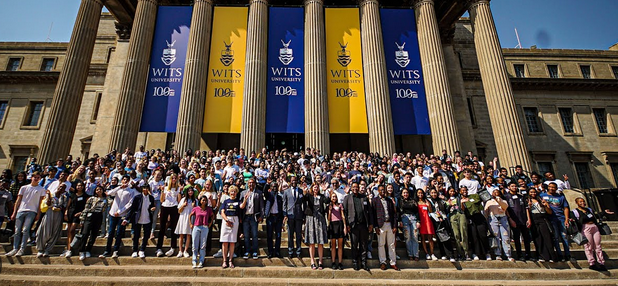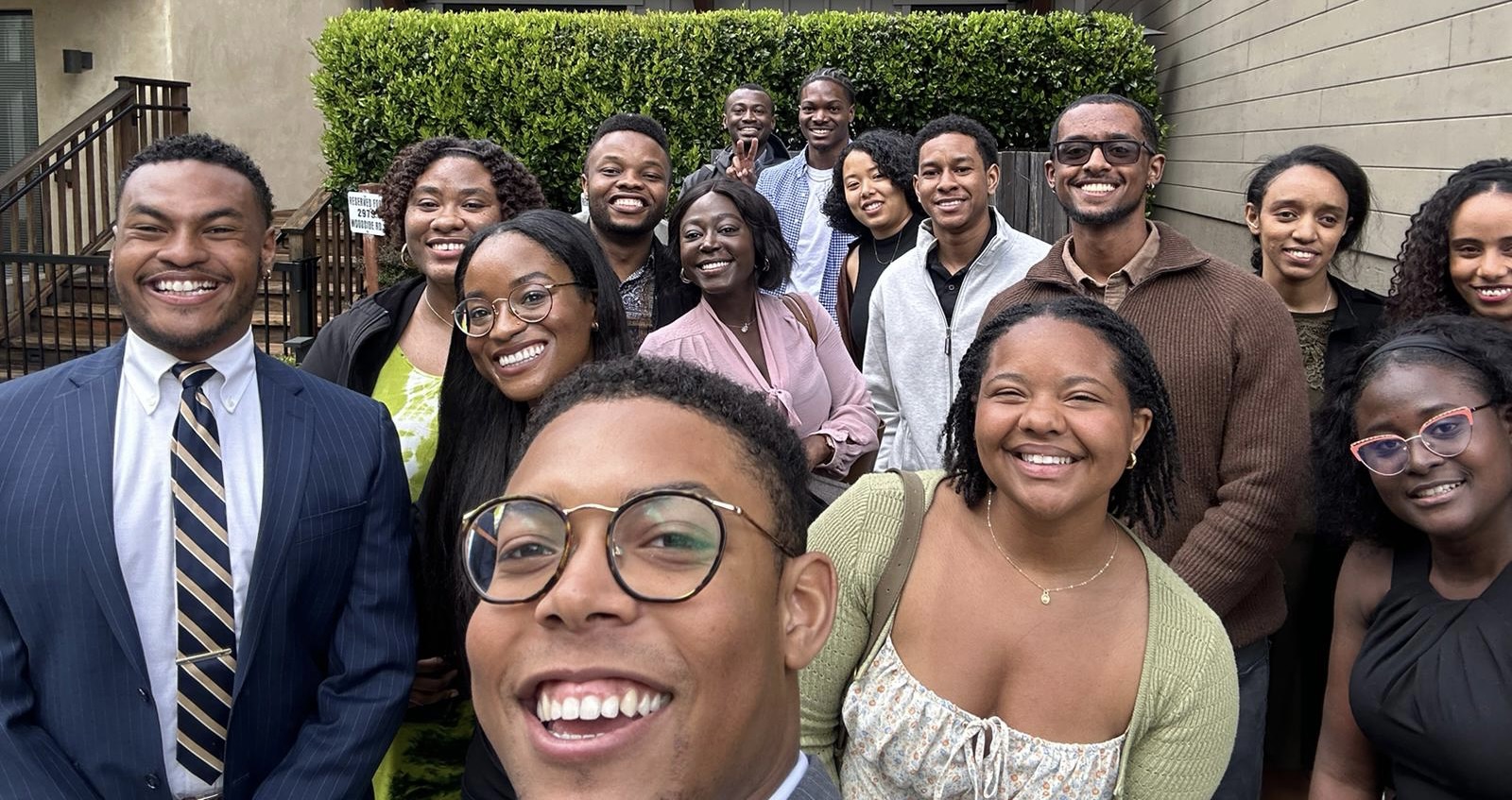F. Michael Higginbotham
If a Black boy can be thrown out of a swimming pool, then you know we are still a long way off from post-racial America, says F. Michael Higginbotham.
The setting was the Oracle Set Book Club & Foundation’s 47th Annual Book & Author Luncheon on Saturday, April 12, 2014 at the College Park (Maryland) Marriott Hotel .
Higginbotham was the keynote speaker. He is the author of Ghosts of Jim Crow: Ending Racism in Post-Racial America. He is currently the Wilson H. Elkins Professor of Law at the University of Baltimore, School of Law.
Included in the nation’s 100 most influential black attorneys, Higginbotham has published numerous articles in leading journals, law reviews, newspapers, and magazines. His uncle, the late A. Leon Higginbotham, Jr., was a Chief Judge of the United States Court of Appeals for the Third Circuit.
Higginbotham’s address began on a light note, with his sharing reminiscences of his childhood in Sewickley, Pennsylvania, along with other anecdotes. He also mentioned his having dined with Denzel Washington.
Addressing the afternoon’s topic, Ghosts of Jim Crow, Higginbotham said that progress does not mean post-racial. Race matters in America today. Higginbotham gave an example of the Ghosts of Jim Crow.
He wrote an editorial in the Baltimore Sun on the Ghosts of Jim Crow. One of three examples given in the book was the case of 12-year-old Marcus Allan, who along with his fellow campers from Creative Steps Day Care Center, went to a private swim club for a day of fun.
Once the black children entered the pool, the white children got out. The staff from the club immediately escorted Marcus, who was in tears at this point, out of the private swim club.
The day care had paid $1,950 in June for use of the pool for the summer. The money paid for use of the pool was returned to Creative Steps, and the matter had to be resolved in court.
When Higginbotham cited this incident as an example of the legacies of Jim Crow, comments came in charging that the incident was fictional. One commented that “this liberal crap from academia …from his book never occurred. I called the location and they said that they never heard of Professor Higginbotham.” However, Higginbotham substantiated his recount by providing endnotes and footnotes.
These references showed that the incident was reported in the New York Times and other notable papers. Once this was demonstrated, Higginbotham thought apologies would be forthcoming; but silence followed.
There were no additional comments. For this reason, Higginbotham says that It’s unacceptable to be silent. He added that we will never get to a post-racial America if incidents such as this are not pointed out as things that are the vestiges of Jim Crow.
Professor Higginbotham gave alarming national statistics when citing the huge disparities in graduation and income levels. He spoke on the Voting Rights Act, and the attempts in 2014 to strike the Act down as undermining the credibility of our court; Obama’s American Jobs Act aimed at high job loss in minority areas, being stuck in legislation; equalizing funding of public schools; the need to eliminate racial profiling, naming Trayvon Martin in particular; and the discretionary aspect of prison sentencing.
Chapter six and seven of the Ghosts of Jim Crow talks about solutions to get to post-racial America. Professor Higginbotham said that first of all we must recognize that we still have a long way to go.
We must employ our community through things like the American Jobs Act; target unemployment and job creation; integrate and equalize our society; reform the American justice system…it is worse than any of these areas – it is un-American.
Higginbotham stressed that we must make the internet accessible to everyone to get our message out.
With the professor’s approach to reaching a post-racial America through legislation, it might come as no surprise if we learn of Higginbotham’s intention to run for political office, a position he seems well suited for.
Professor Higginbotham ended his keynote speech saying that to save the dream for one, it must be saved for all.
The question and answer session followed. Several guests had questions for Professor Higginbotham, but one in particular broached a new area of concern for the African-American community.
A D.C. labor attorney asked Professor Higginbotham for his suggestions on a way to attack the proliferation of teenage parents. The attorney prefaced her question by making it understood that she is not a right wing “Clarence Thomas” type, but felt that if this epidemic is not brought under control, all of our gains in the past will have been in vain.
Even though she didn’t say it, it was understood that she feels the African-American community has put their heads in the sand, and for whatever reason, chose to ignore the consequences of continuing in this downward spiral.
After a brief hesitation, Higginbotham said that he learned from his parents everything that was important from a moral compass. He said that we have to train people, letting them know that moral compass is important and that they have to understand not to accept certain things that are immoral.
Basically, Professor Higginbotham evaded the question and took the opportunity to extract the mention of Clarence Thomas in the attorney’s question, to make a humorous remark and talk about the Higginbotham family and Clarence Thomas. He did not return to the question at hand.
Even though the matter was not addressed, the issue has been put out there for open discussion. Hopefully, someone will come forth with a possible solution to this growing crisis.
The Oracle Set Book Club is committed to support programs that encourage youth literacy. The scholarship for public and charter high school seniors is named after the Oracle’s founder, Charlotte Ford, and provides financial assistance to students who demonstrate an interest in writing, journalism, or mass communication.
This year’s first place winner was Mr. Armonte Butler of Banneker Academic Senior High School in Washington, D.C. Armonte wrote on “What is the most important issue facing young adults in Washington, D.C.?” Scholarships totaling $10,000 were shared amongst the four winning entrants.
An added component to the afternoon’s luncheon was the silent auction. Various types of art were donated and the proceeds of the sale went to the scholarship fund.
I look forward to covering the 48th Annual Oracle Set Book Club & Foundation luncheon in 2015. It was truly amazing!











